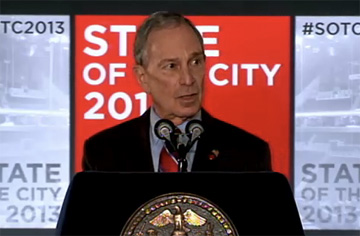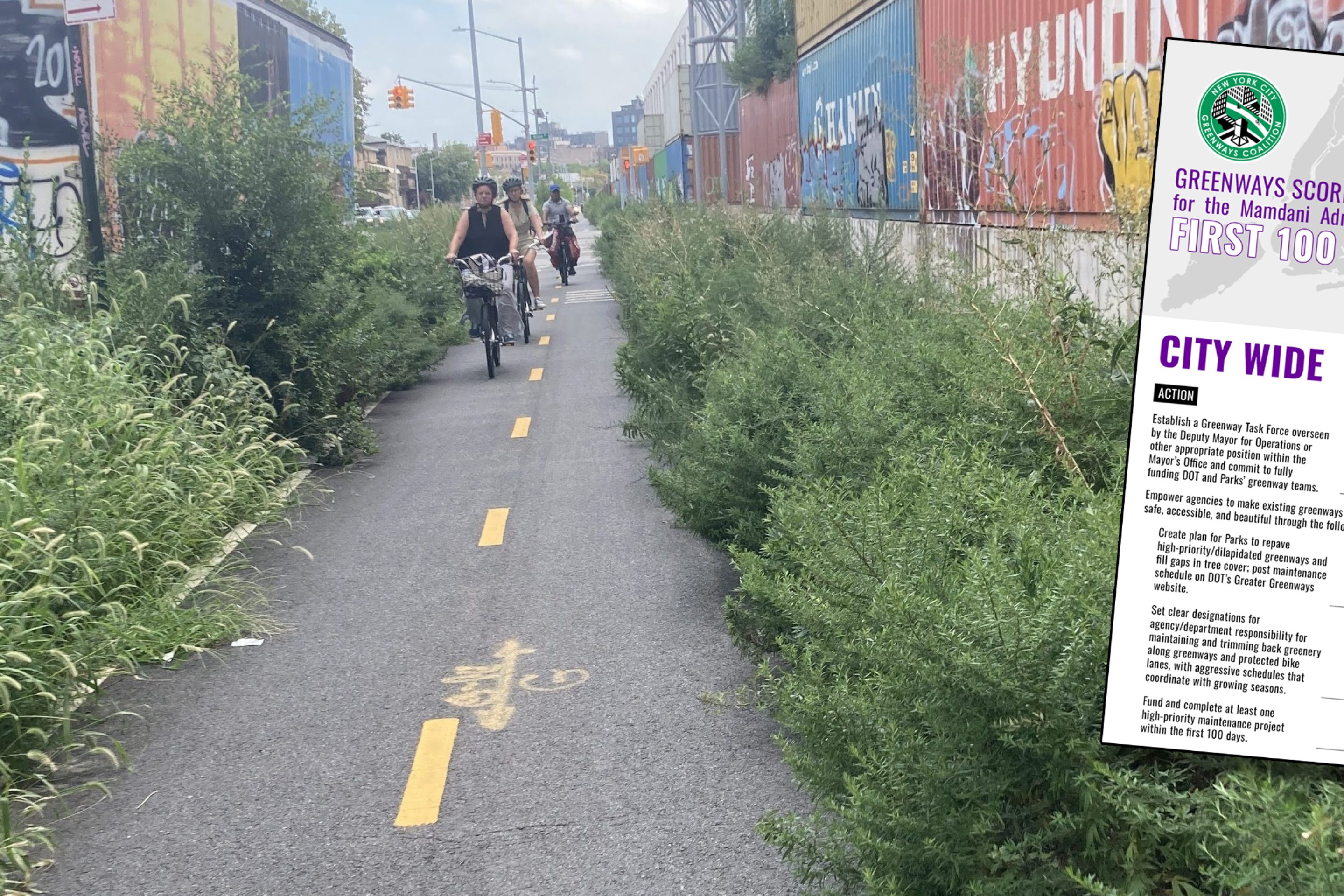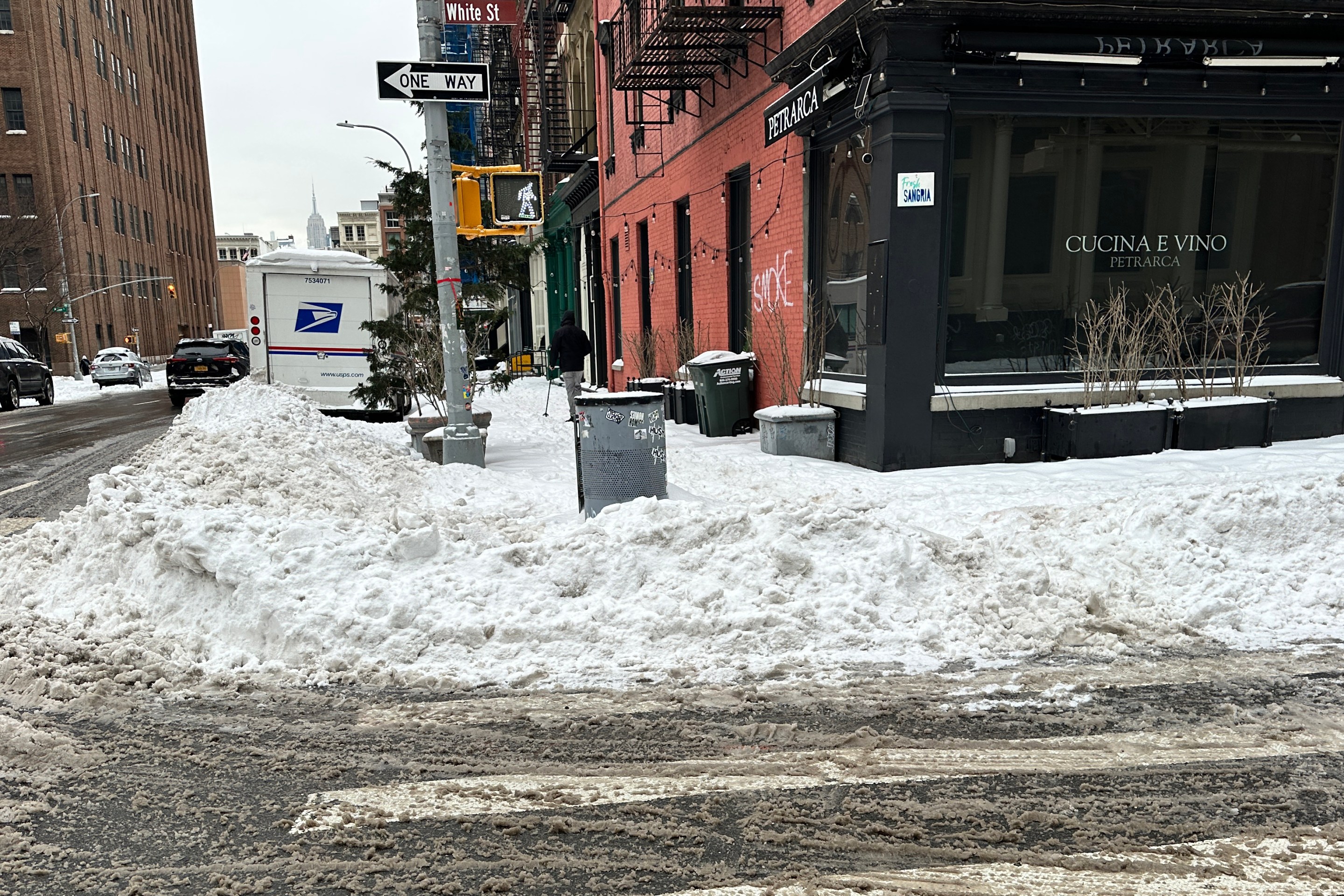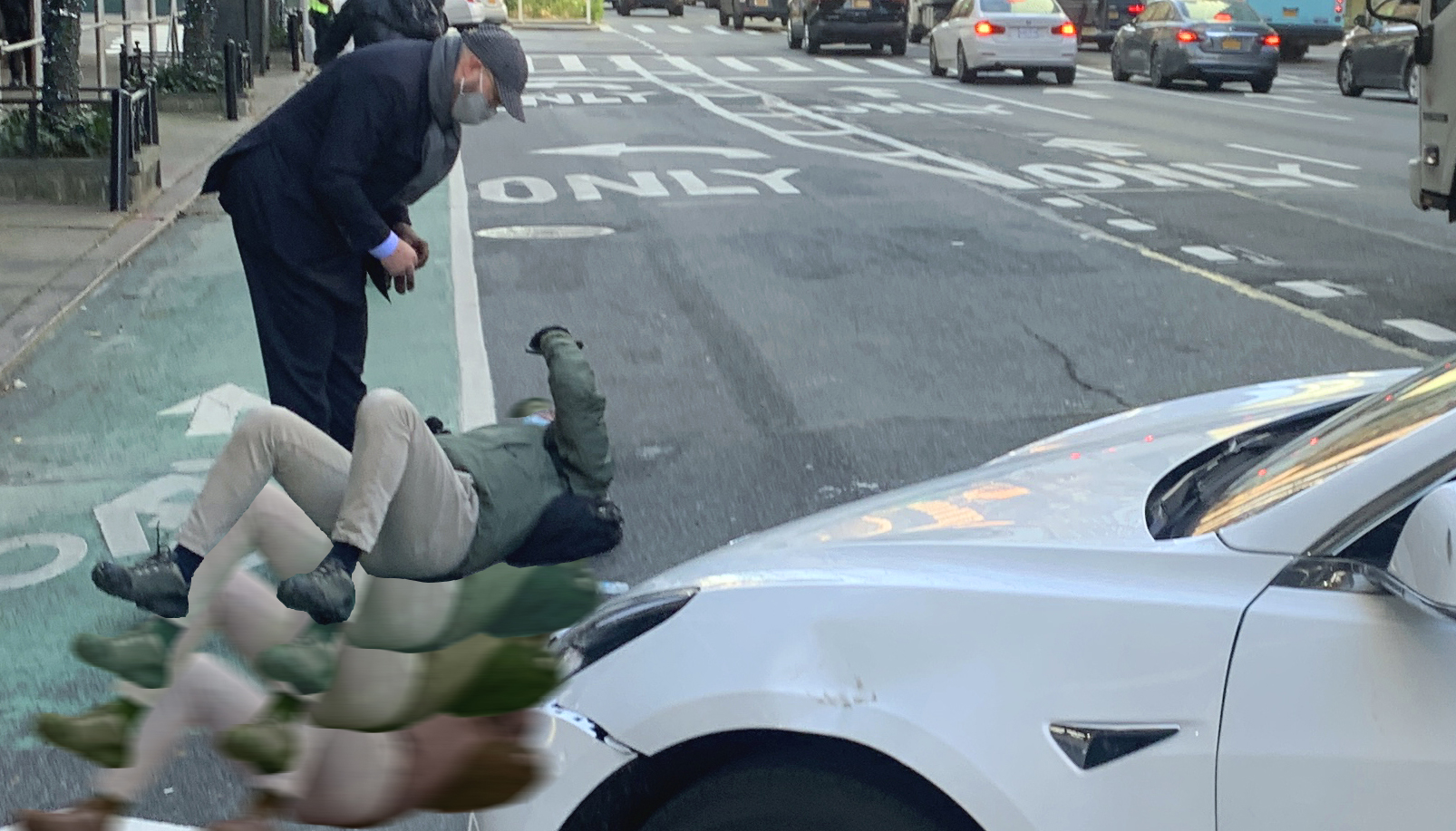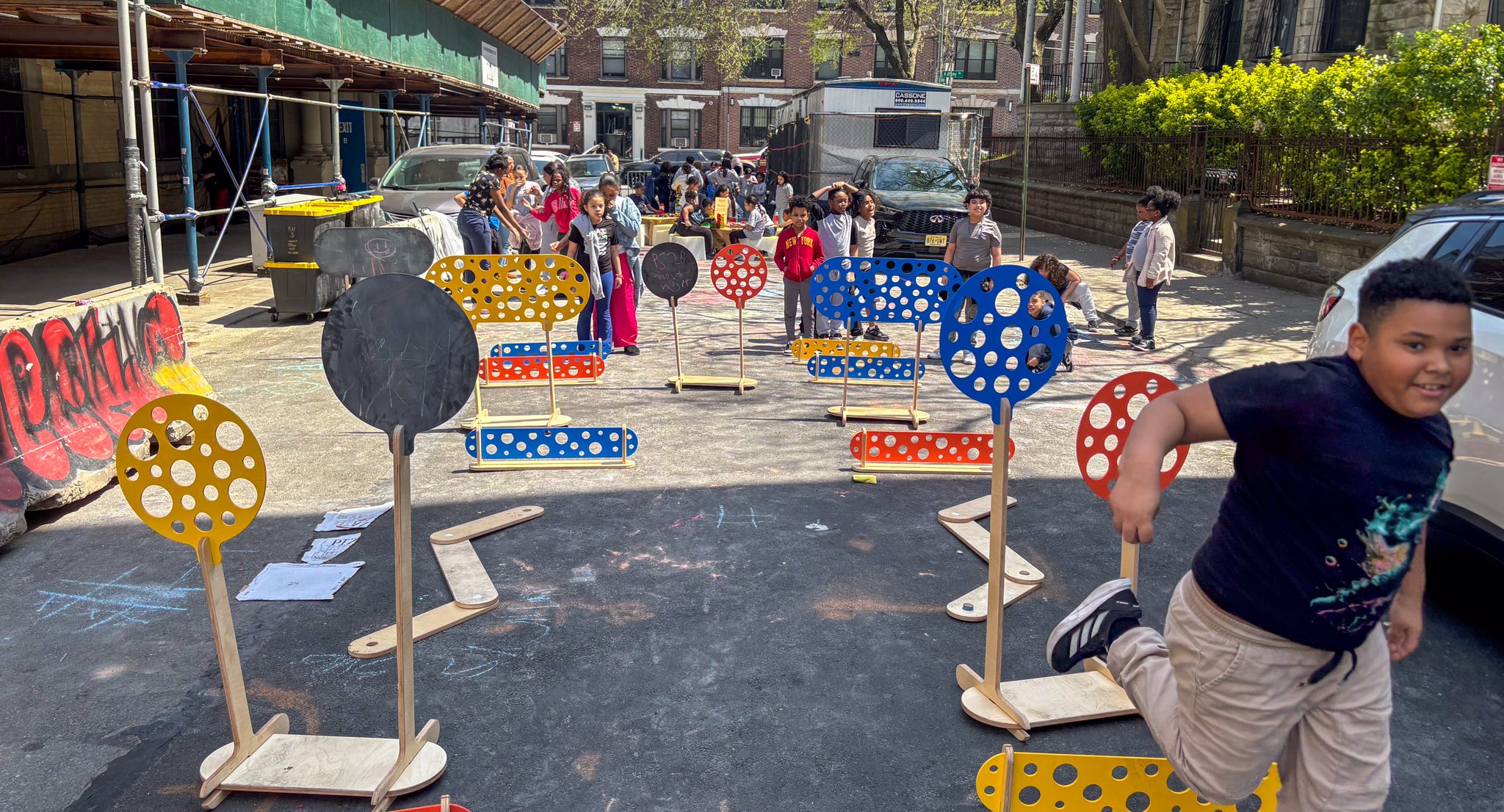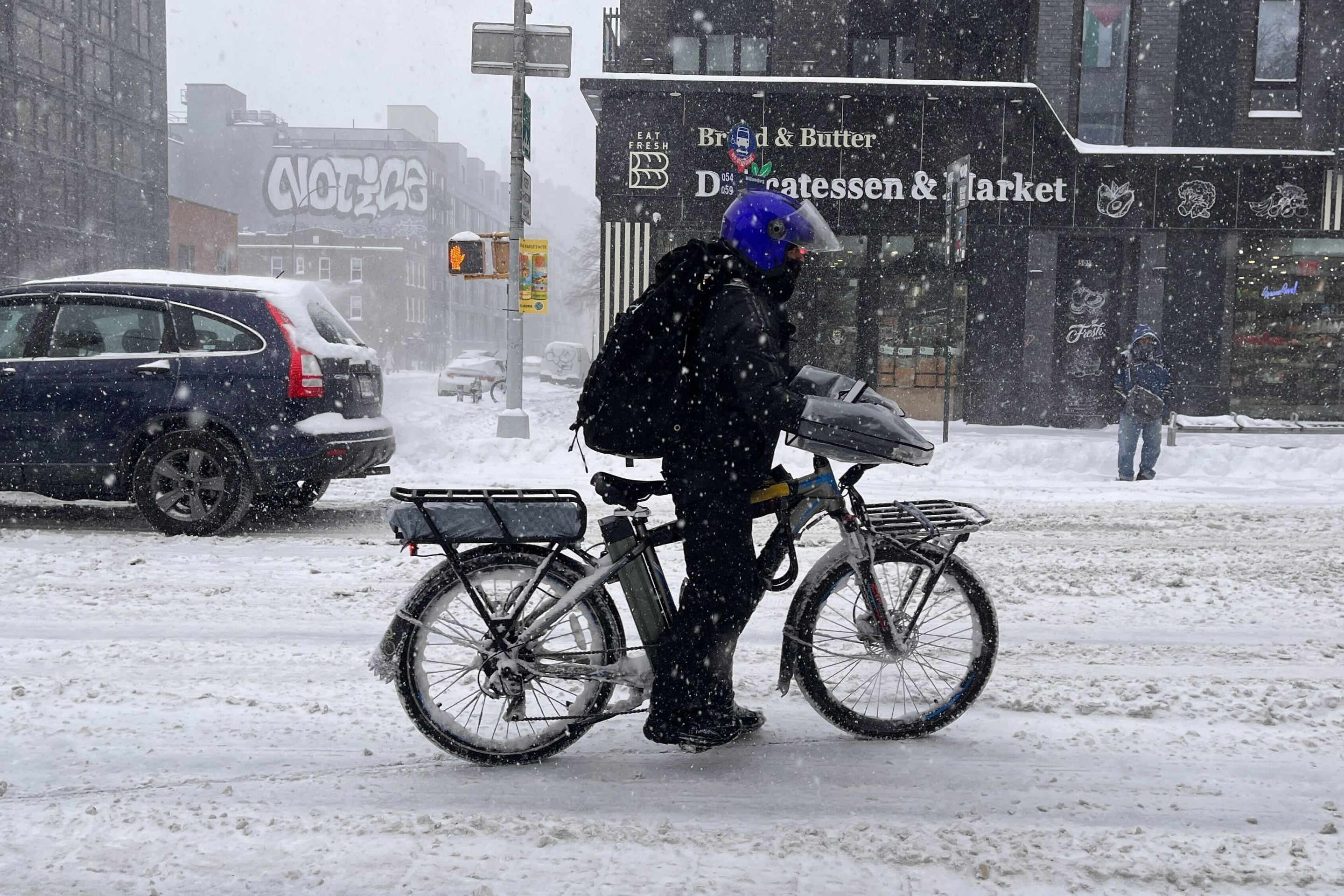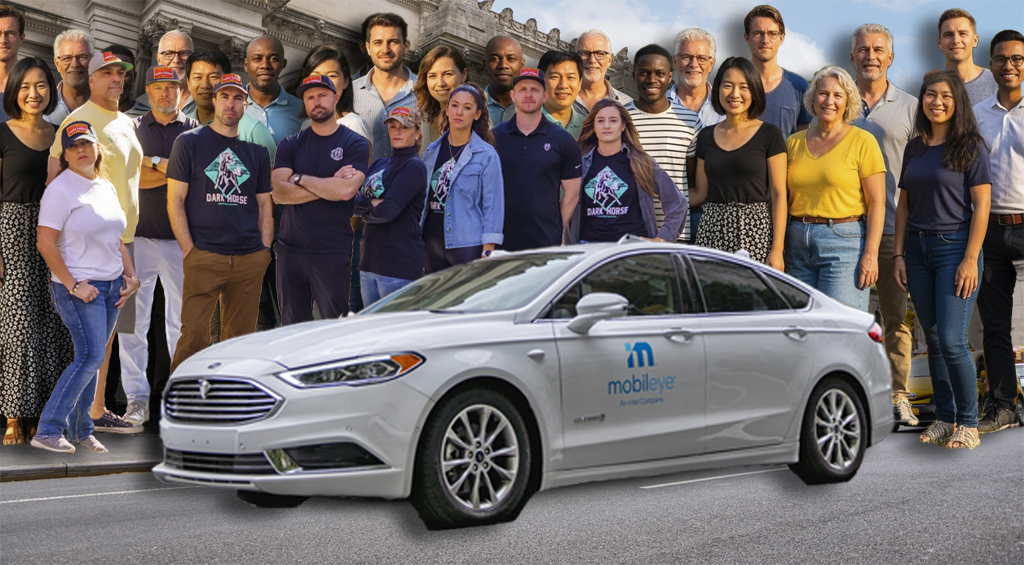Michael Bloomberg's twelfth and final State of the City address neatly encapsulated the internal contradictions of his transportation and planning policies. In his prepared remarks, the mayor called the impending launch of bike-share "the biggest change to our transportation network in ages," but the speech was also peppered with boasts about stadium-related mega-projects that are going to generate torrents of traffic on city streets. Also in the mix: some references to the welcome push for transit-oriented density in Midtown East, and an electric-car incentive that we'll be taking a closer look at in the days ahead.
A note to prospective mayors: There are many ways to differentiate yourself from Bloomberg's legacy on the built environment that won't totally alienate New Yorkers who want safer streets for walking and biking. The mayor's prepared remarks today contained a few opportunities on that front.
Bloomberg delivered the address from the Barclays Center, the arena built over the Vanderbilt rail yards thanks to a sweetheart land deal with the MTA, copious public subsidies, and a whole lot of eminent domain. In an unintentionally fitting touch, the mayor compared the project to a highway tunnel that was thankfully never built:
Remember: after the courts stopped the Westway highway project in the early 1980s, you’d often hear people say that big projects like this were no longer possible in New York City. And for a long time, that certainly seemed to be largely true. But not anymore. Over the past 11 years, working with our partners in the City Council and in Albany, we have overcome the defeatists and shown that this big city of big dreams can still get big things done.
After subsidizing the Nets arena and new stadiums for the Mets and Yankees, including thousands of parking spaces, the Bloomberg administration is still treating stadium construction as an economic development strategy. The city is pushing for a new stadium in Flushing Meadows Corona Park, and Bloomberg pledged today to "work with Major League Soccer to bring soccer back to our city for the first time since the Cosmos left in 1977." The proposed stadium site is farther from the 7 train than the existing sports facilities by Willets Point, and neighborhood residents fear that new highway ramps will end up being part of the bargain.
One of the new proposals in today's speech involves mandating that a certain number of new parking spaces are equipped for electric vehicle charging:
We’ll work with the City Council to amend the Building Code so that up to 20 percent of all new public parking spaces in private developments will be wired and ready for electric vehicles, creating up to 10,000 parking spots for electric vehicles over the next seven years.
We still need to flesh out the details of this proposal. To the extent that this helps electric vehicles replace internal combustion engines, that's well and good. But if the EV wiring adds significantly to the cost of building housing, that's just one more parking-related mandate making residences less affordable. That would be the case, for instance, if a developer who's already forced to build a certain number of parking spaces for a residential development has to shell out extra to make some of those spaces EV-compatible. The mandate could also lead to less parking construction, however, since the average cost of building a parking space is going to increase. So the jury's still out on this one.
In any case, the far simpler and can't-miss strategy to green the New York City building code would be to end minimum parking requirements that drive up the cost of housing everywhere in the city outside the Manhattan core. Bloomberg and planning commissioner Amanda Burden have barely touched this issue in 11-plus years in office.
On to the good stuff. Bloomberg made a nice pitch for Midtown East rezoning to take advantage of expanding transit capacity on the East Side:
Right now, zoning regulations around Grand Central effectively prohibit development of even a few iconic new buildings -- even though the area has the best mass transit links in the entire country. If we do nothing, the area will cease to be a world-class business district, and we’ll lose out on good jobs and tax revenues.
So this year, we’ll work with Borough President Stringer and Council Member Garodnick to rezone the area to allow for a select number of new buildings to rise in the decades ahead, while preserving its historic character. And the new buildings will pay into a mass transit fund so we can relieve some of the pedestrian bottlenecks and congestion in and around Grand Central.
And, of course, it's great to see the mayor framing bike-share as a bigger deal than electric cars:
And the biggest change to our transportation network in ages is coming this summer: the largest bike share program in the country. I know Marty can’t wait. Bike share has been successful and popular in every city it’s been tried -- and here, it will offer New Yorkers more options to get around town faster.
Word is that, despite the "coming this summer" in Bloomberg's speech, the launch is still targeted for May. That's three months away.
